
The science behind what causes acne scars
Acne scars can make us feel doubtful and upset. However, with information and positive thinking, we can see them as signs of healing. Gentle, regular skincare helps us continue that healing process over time.
Caring for our skin also means caring for ourselves. It’s a journey of self-acceptance. Scars don’t define our value and beauty. With daily compassionate care, we can embrace the skin we’re in. This uplifts both face and spirit.
Read on to understand acne scarring causes. If we treat our skin gently daily, there’s less risk of lasting scars from acne.
Introduction to Acne Scars
Acne scars form when inflammation from a breakout disrupts healthy skin tissue, altering texture. The skin’s surface may appear uneven, indented, or pitted. For many, these changes impact confidence and self-image. While acne scars never fully fade, their appearance and depth can improve. New therapeutic approaches also show exciting potential for regenerating healthy skin growth.
Rather than viewing acne scarring as disfiguring flaws requiring correction, we can reframe them as signs of skin attempting to heal after injury. Just as we ought not to judge those with visible disability scars, acne scars do not detract from beauty or worth. All skin contains beauty in its natural diversity.
With thoughtful skincare and positive self-talk, those with marked skin can reduce the appearance of old wounds while preventing new ones. Consistency builds confidence from self-care. With knowledge, we can make informed choices to meet our skin’s unique needs with compassion.
Also read: What are Acne Scars?
Understanding the Different Types of Acne Scars
The following are the types of acne scars:
- Atrophic scars - Also called depressed scars, these scars have a sunken appearance caused by lost collagen during skin healing.
- Hypertrophic scars - These are raised, thickened scars caused by excess collagen production. They are more common in those with darker complexions.
- Post-inflammatory hyperpigmentation- After inflammation, skin can darken and discolour. These are not technically scars but skin discolouration.
The Main Causes of Acne Scars
Inflammation is the common thread linking what causes acne scars. Hormonal changes, genetics, bacteria accumulation, and picking can all increase inflammation around severe lesions. When this immune response brews unchecked beneath the skin’s surface, a breakout deep in the dermis can destroy healthy tissues, alter collagen production, and lead to permanent textural changes we recognise as scars.
1. Hormonal Imbalance
Fluctuating hormones during puberty, menstruation, or pregnancy can increase oil production and breakouts. Though hormones don’t cause scars, the resulting severity of acne and inflammation levels can lead to scarring.
2. Genetics and Skin Type
Genetics play a key role in one’s predisposition to scarring after acne lesions. Those prone to raised, thickened scarring need extra care to avoid acne inflammation or picking. Darker skin types are also prone to post-inflammatory hyperpigmentation.
3. Picking and Squeezing Pimples
Popping or picking acne worsens inflammation and pushes debris deeper into the pore, increasing tissue damage and bacteria levels. This delays healing and destroys healthy skin cells around the lesion.
4. Inflammation and Infection
Bacteria accumulation and increased inflammation damage skin cells and collagen fibres around an acne lesion. Severe inflammatory types like cysts or nodules penetrating the dermis can cause extensive loss of healthy tissues.
Also read: Understanding Atrophic Acne Scars: Causes, Types, and Treatment Options
How to Prevent Acne Scarring?
While some genetics and hormones lie beyond control, thoughtful skincare and lifestyle choices empower us to minimise acne-scarring risk factors day-to-day. Paying close attention to products, diet, and skin changes grants us authority over our largest organ. We can calm inflammation early before it brews scars through gentle, informed consistency.
When signs of severity arise, seeking timely professional care for emerging nodules and cysts can prevent extensive damage. Prioritising self-care and self-education equips us to help skin heal cleanly.
With vigilance and daily care, we clear the path for healthy renewal when breakouts erupt. Our combined efforts minimise the potential for acne to leave lasting imprints behind. The following is a detailed explanation of how to get rid of scars caused by acne:
1. Proper Skincare Routine
Gently cleansing skin twice daily using non-comedogenic cleansers free of irritants can help prevent lesions that lead to scarring. Excessive washing strips the skin’s protective barrier and can worsen acne, while harsh ingredients like alcohol damage the skin over time, causing inflammation.
Instead, establish a regimen using only mild, soothing formulas without abrasive scrubs to calm irritation for clear, healthy skin.
Also read: Daily Skincare Routine To Follow For Getting Healthy Skin
2. Avoiding Trigger Foods
Making dietary adjustments to cut out inflammatory acne triggers can prevent severe, recurring breakouts that risk permanent scarring. Foods that spike hormones, insulin, or oil production, like dairy, processed carbs, fried items, and excess sugar, can provoke breakouts.
Keeping a detailed food journal to identify personal triggers and then eliminating those items allows one to observe changes. Stay hydrated and focus your diet on anti-inflammatory whole foods to support skin health from the inside out.
3. Seeking Professional Help for Severe Acne
Consulting a licensed dermatologist promptly at the first signs of painful cysts or nodules forming under the skin is vital to preventing extensive acne scarring. Doctors can inject a diluted corticosteroid directly into emerging cysts to reduce inflammation and the chance of rupture.
Dermatologists may also prescribe oral antibiotics or antibiotic gels to address bacterial infection while controlling severe outbreaks. Getting experienced medical guidance tailored to your acne type limits damage leading to scars.
Conclusion
Healing acne-prone skin is a journey of self-love. Gentle consistency in care and learning helps improve scars inside and out. To find a perfect skincare product, visit the Pink Foundry website. Their products aim to restore balance for all skin types calmly.
Knowledge and self-care uplift skin and spirit. Resolve to care for your unique skin with patience and understanding. Seek support addressing texture, marks, or active flare-ups. You deserve to feel at home in your skin.

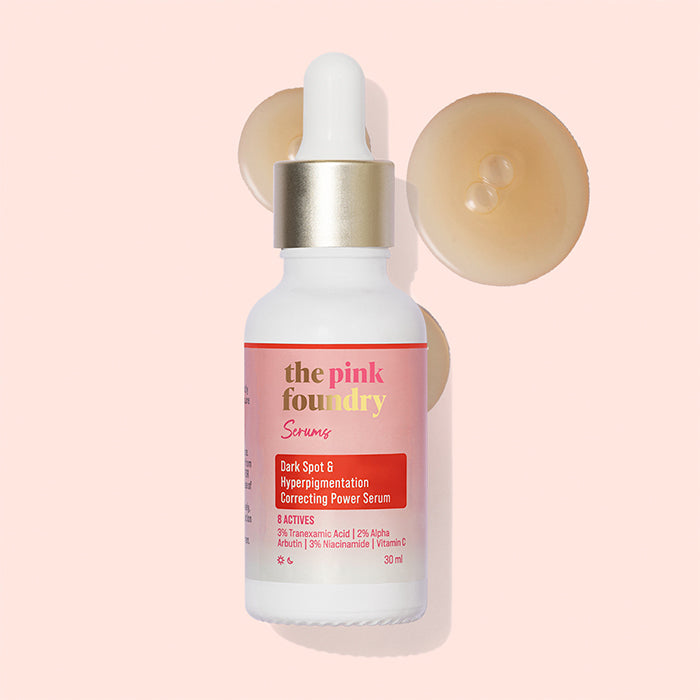





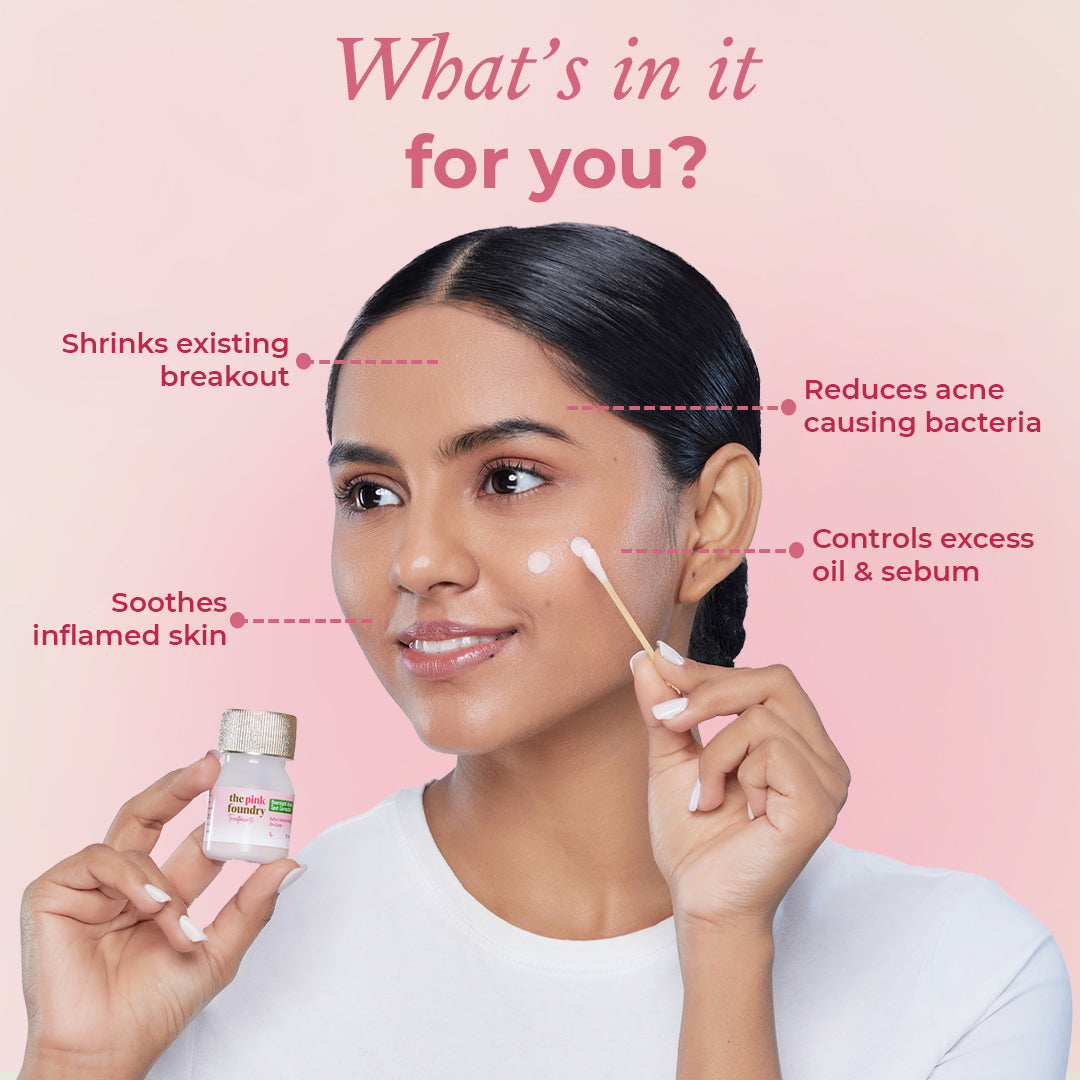
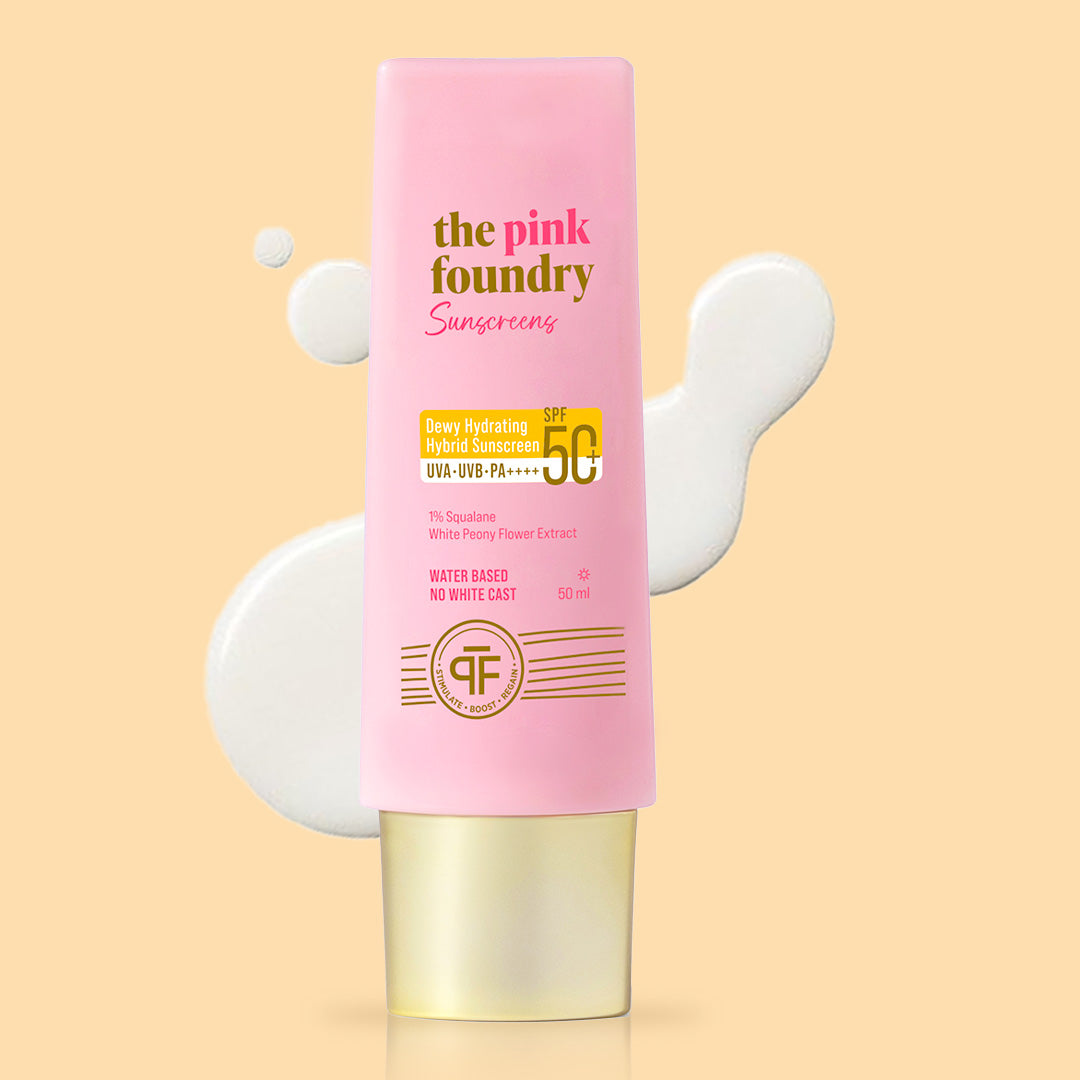
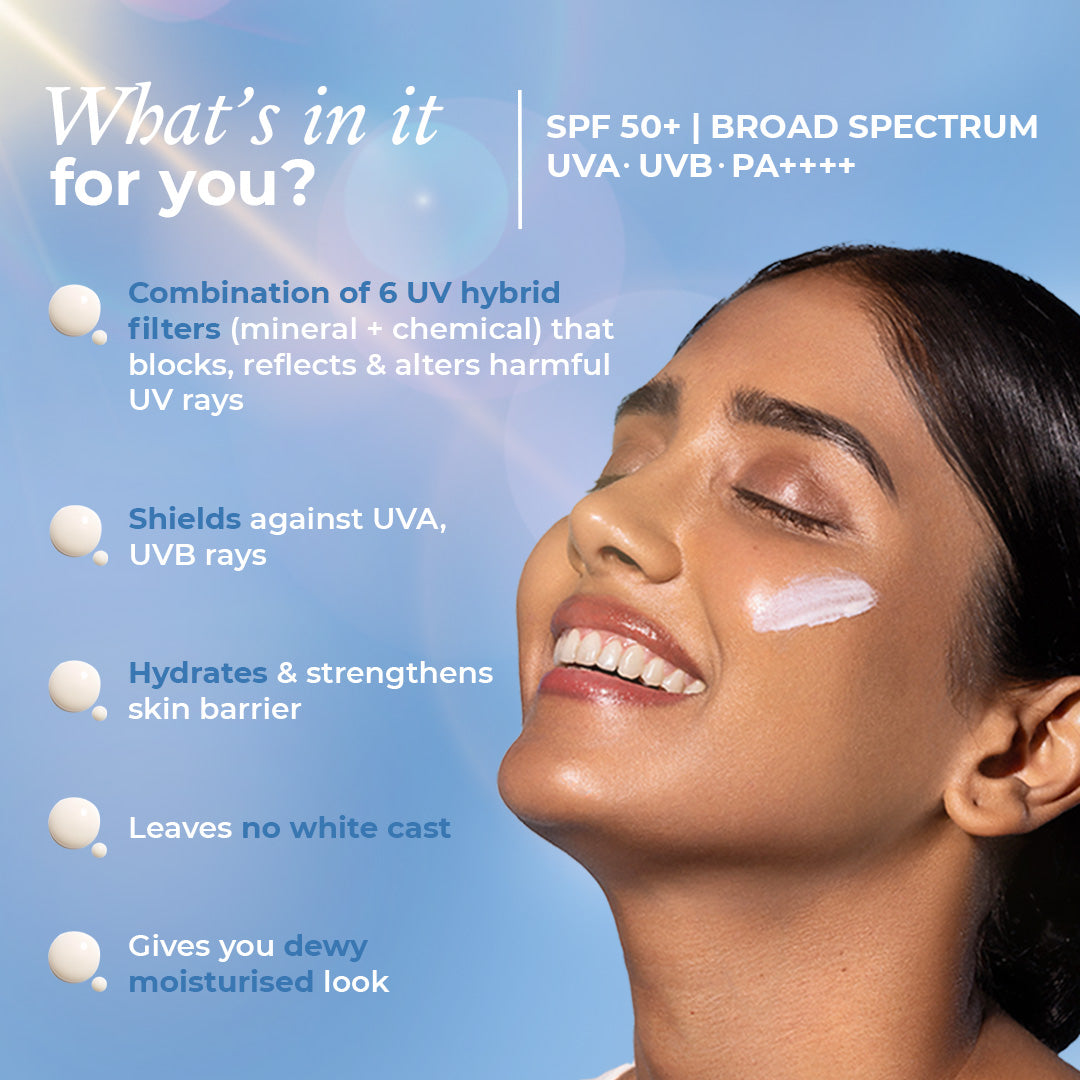


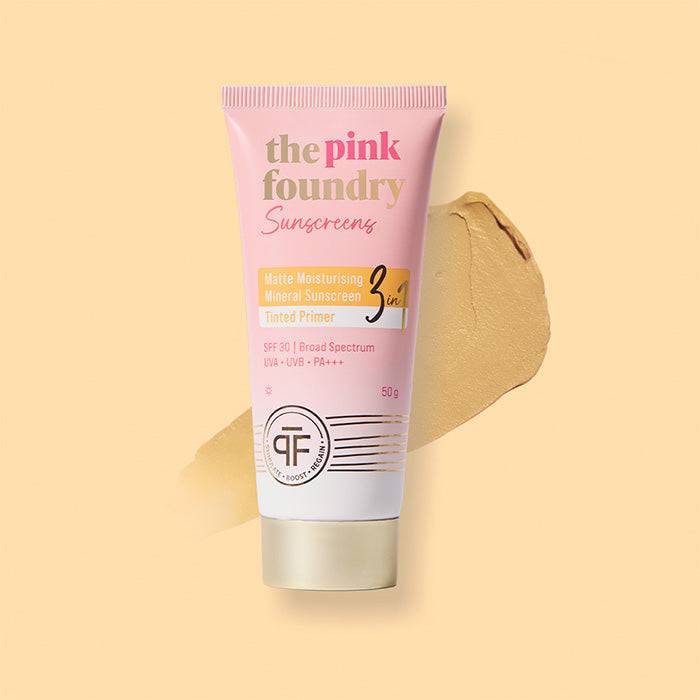
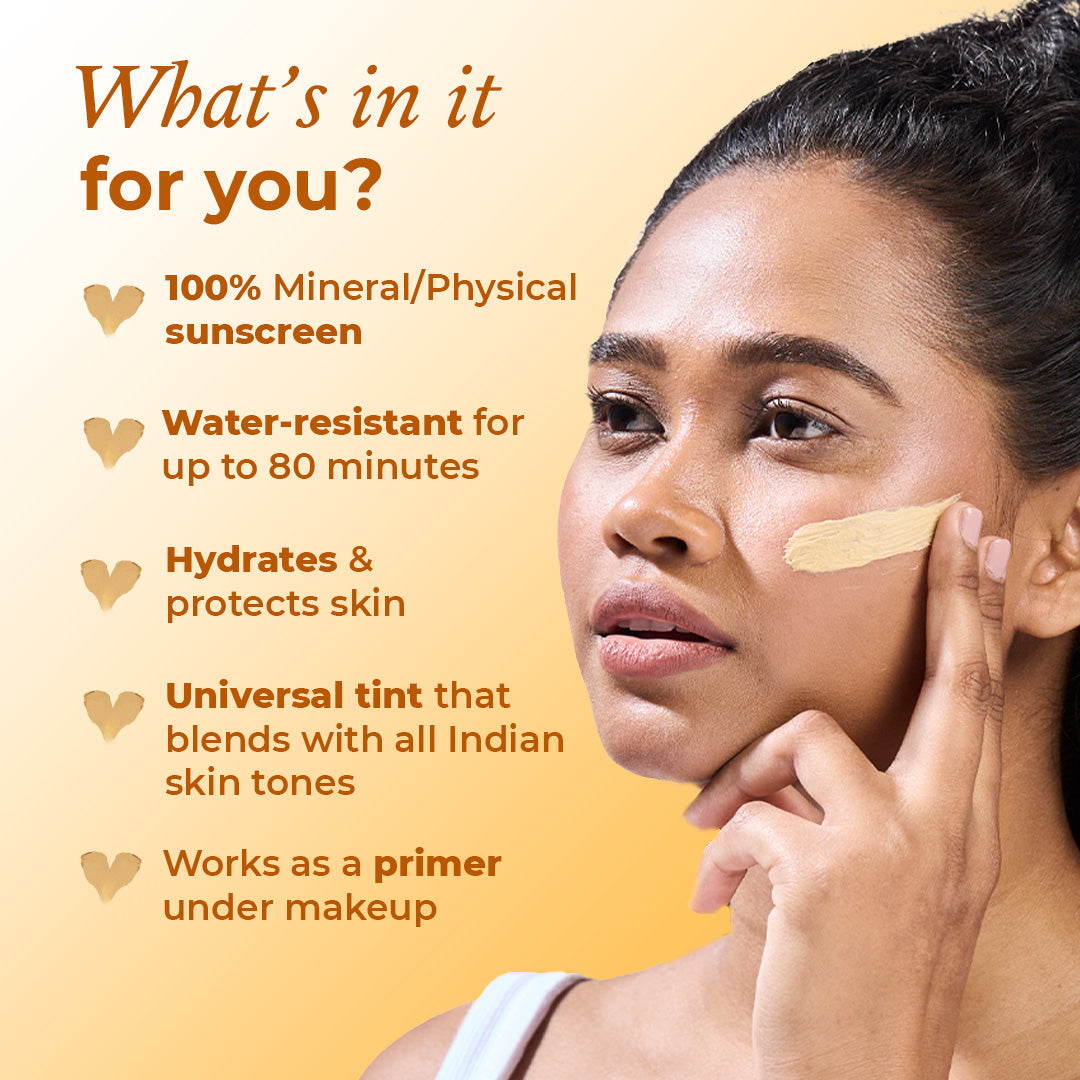



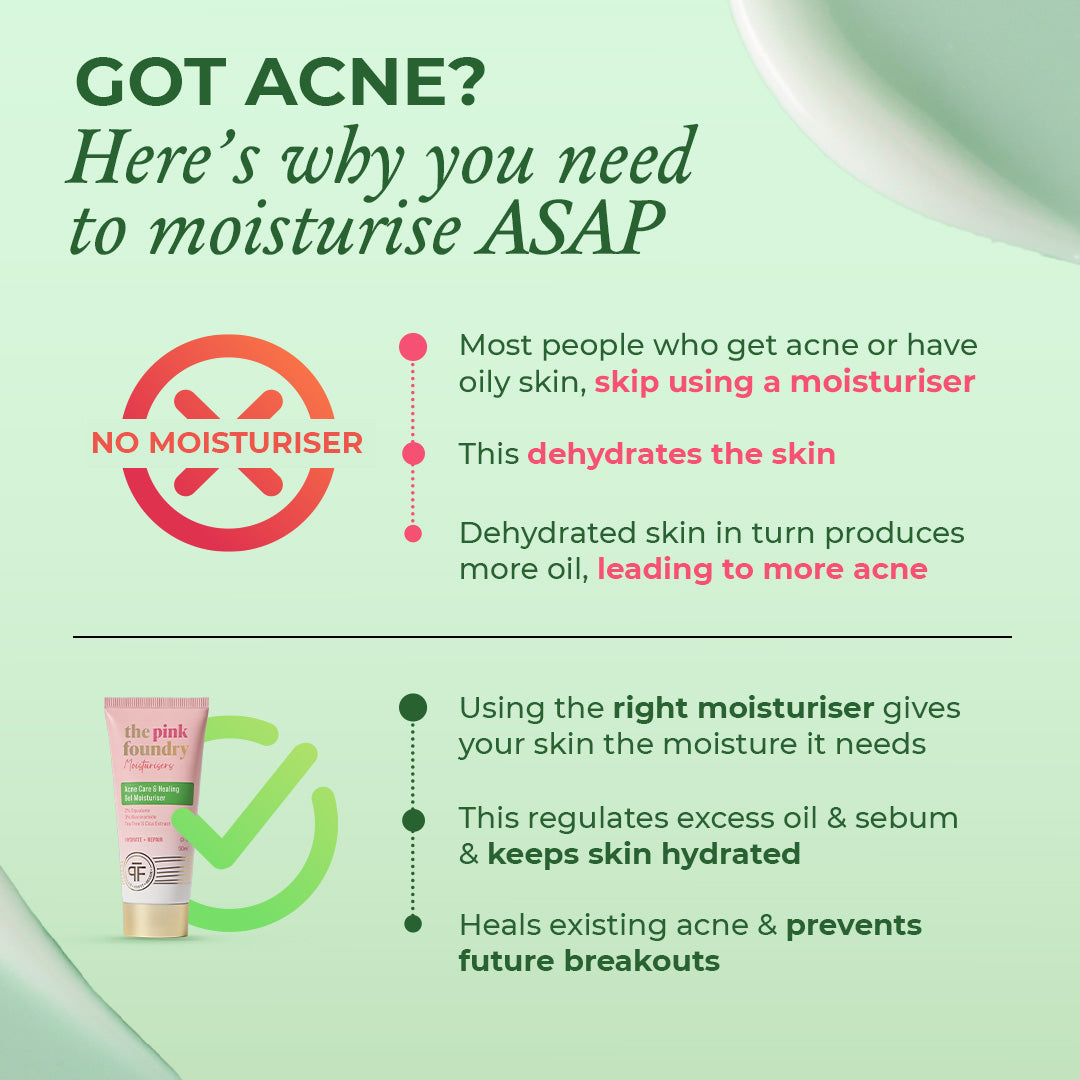
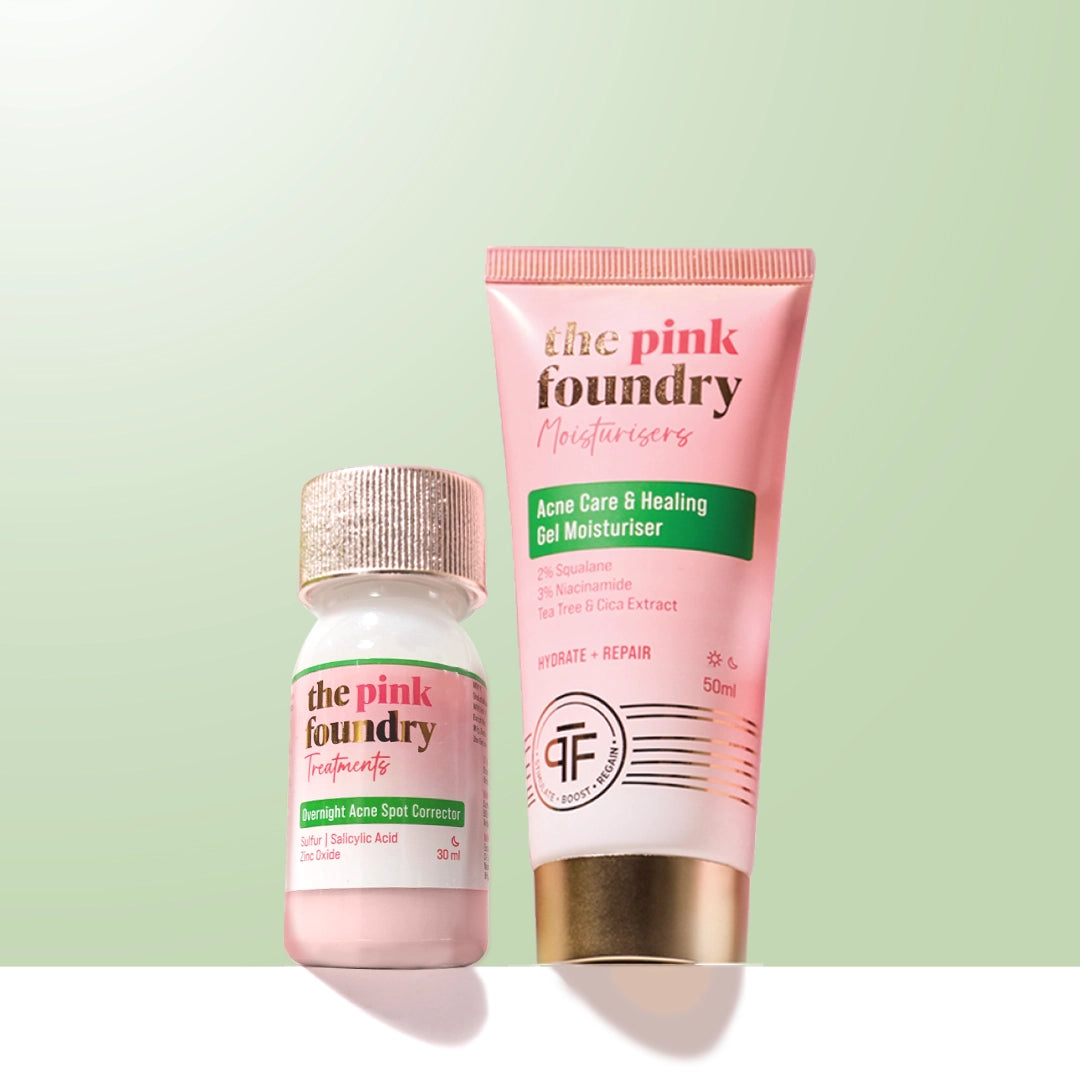
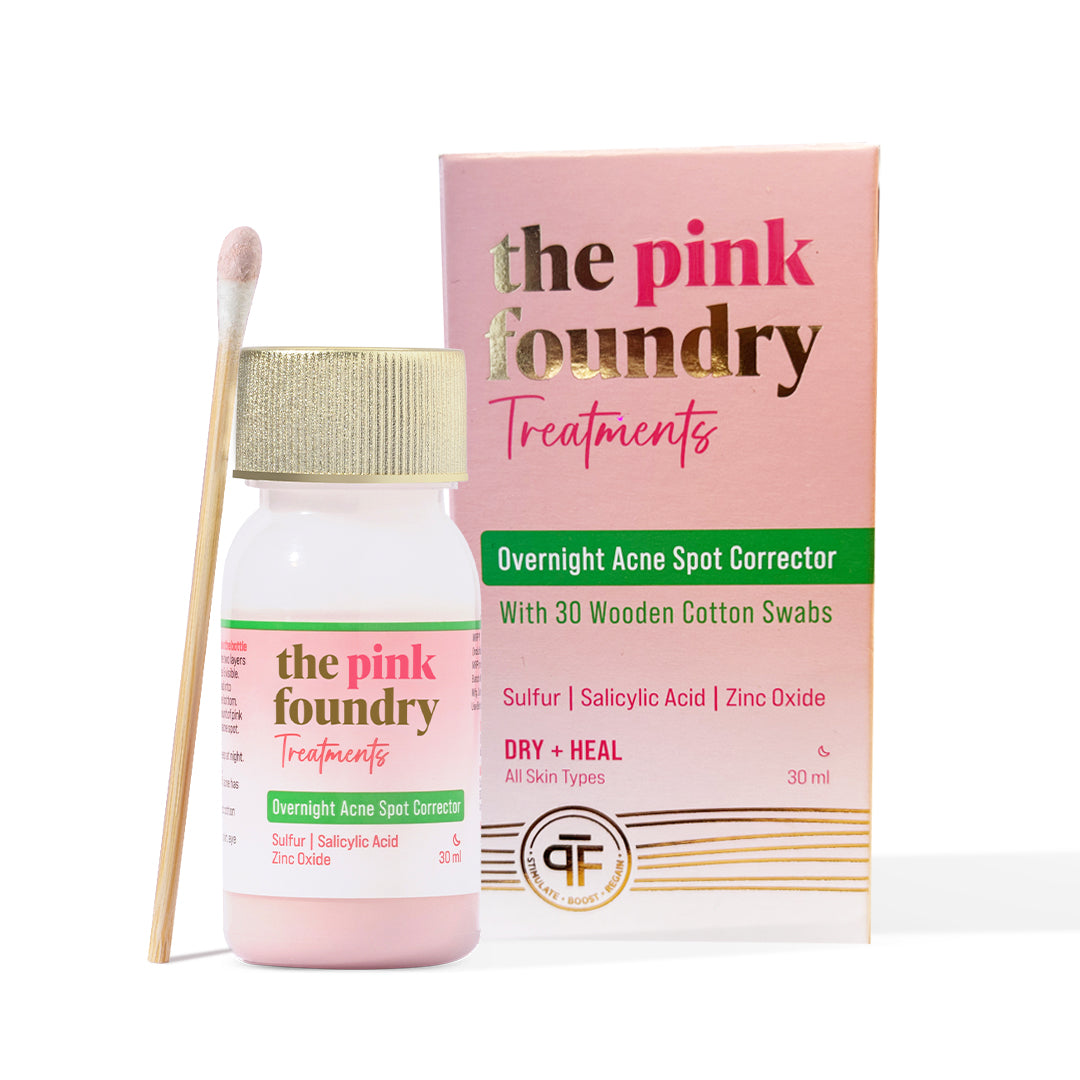
Leave a comment
This site is protected by hCaptcha and the hCaptcha Privacy Policy and Terms of Service apply.